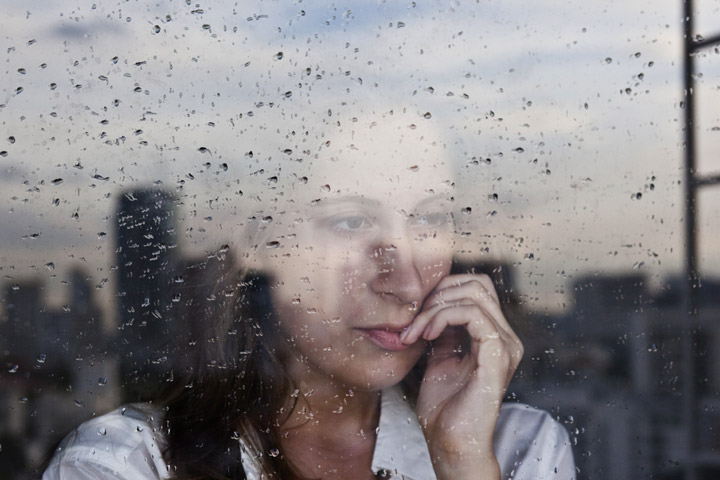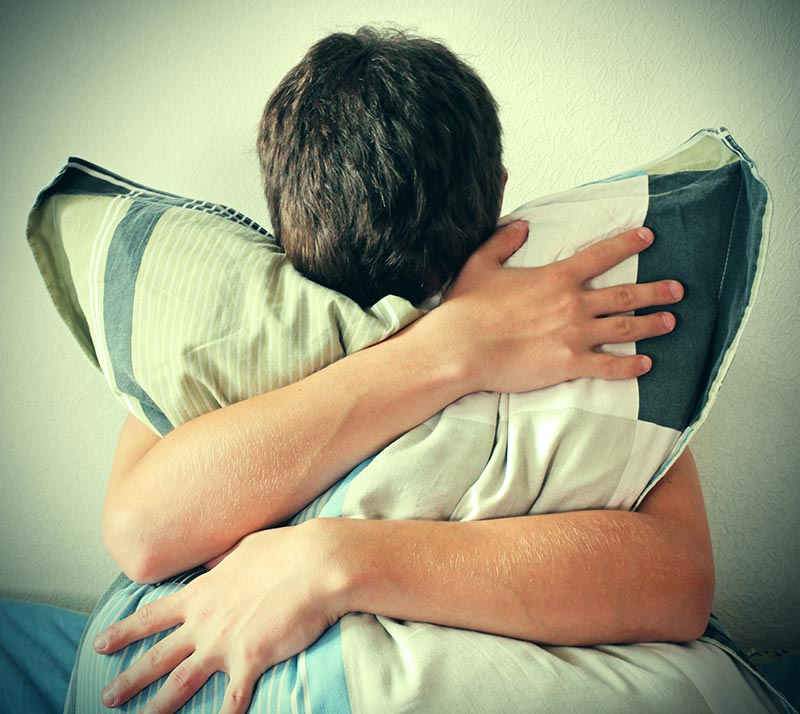
Severe Storms: How to Reduce Your Anxiety
Anticipating the arrival of a hurricane, tornado, blizzard, or any severe storm strikes fear and anxiety in the people in its path for good reason. Natural disasters disrupt lives in significant ways, including creating physical and mental health problems and major economic challenges. And the never-ending news about a storm’s arrival may increase your anxiety, stress, and fear.
Here are some tips to help you take care of your own mental health, as well as your family’s before and after a storm.
Prepare
It’s only natural to feel scared, anxious, and nervous. Recognize your emotions and try these tips to alleviate your anxiety.
Create a plan — A well-prepared plan for your family can help reduce anxiety and chaos before, during, and afterward. Make an evacuation plan and compile preparedness kits.
Be informed — Stay up-to-date on weather information and warnings. If you’re aware of the latest information, you may gain a sense of control over the situation.
Talk it out — Share your fears with family members, friends, a counselor, or others who can offer emotional support.
Accept what you can’t control — Nobody can control the path of a storm or its damage. And excessive worrying that one may hit you will not change anything except your emotional well-being.
Take tips from the Mayo Clinic for talking to kids about weather-related anxiety:
- Be calm and supportive. Tell children that thunder won’t hurt them. Explain that storms are a normal part of nature.
- Talk about storms matter-of-factly. Some kids may seem afraid of storms, but they’re really interested in learning more about them.
- Allow children to face their fears by gradually helping them learn they can handle a fear and other uncertainties of life on their own.
- Help children face their fear of storms by reading about them or watching videos of tornadoes, hurricanes, and other big storms.
- If the anxiety doesn’t diminish, or if it begins to create greater stress for the child or the parent, get the assistance of a mental health professional.
After the Storm
Many survivors of severe storms will experience emotional and physical symptoms such as headaches, muscle tension, insomnia, and nausea for days or even weeks afterward.
If you are having difficulty coping, consider the following:
– Do something positive: Donate blood, prepare care packages, or volunteer to help others, all of which can provide a sense of purpose in a situation that feels out of your control.
– Follow your usual daily routine as much as possible.
– Limit your exposure to repeated news stories, which usually increases stress.
– Rest, get exercise, and eat properly. Seek out leisure and recreational activities that involve both mind and body.
– Spend time with trusted loved ones for support.
– Talk with others and seek support from those who have been exposed to the same or similar trauma.
– Recognize that you cannot control everything.
– Talk with a relative, friend, doctor, or spiritual advisor about getting help. Asking for help is a sign of strength, not of weakness.
– Contact a mental health professional if symptoms persist for more than a few weeks and interfere in your carrying out your daily activities.
The information on this site is not intended or implied to be a substitute for professional medical advice, diagnosis or treatment. All content, including text,graphics,images and information, contained on or available through this web site is for general information purposes only.






Leave a Reply